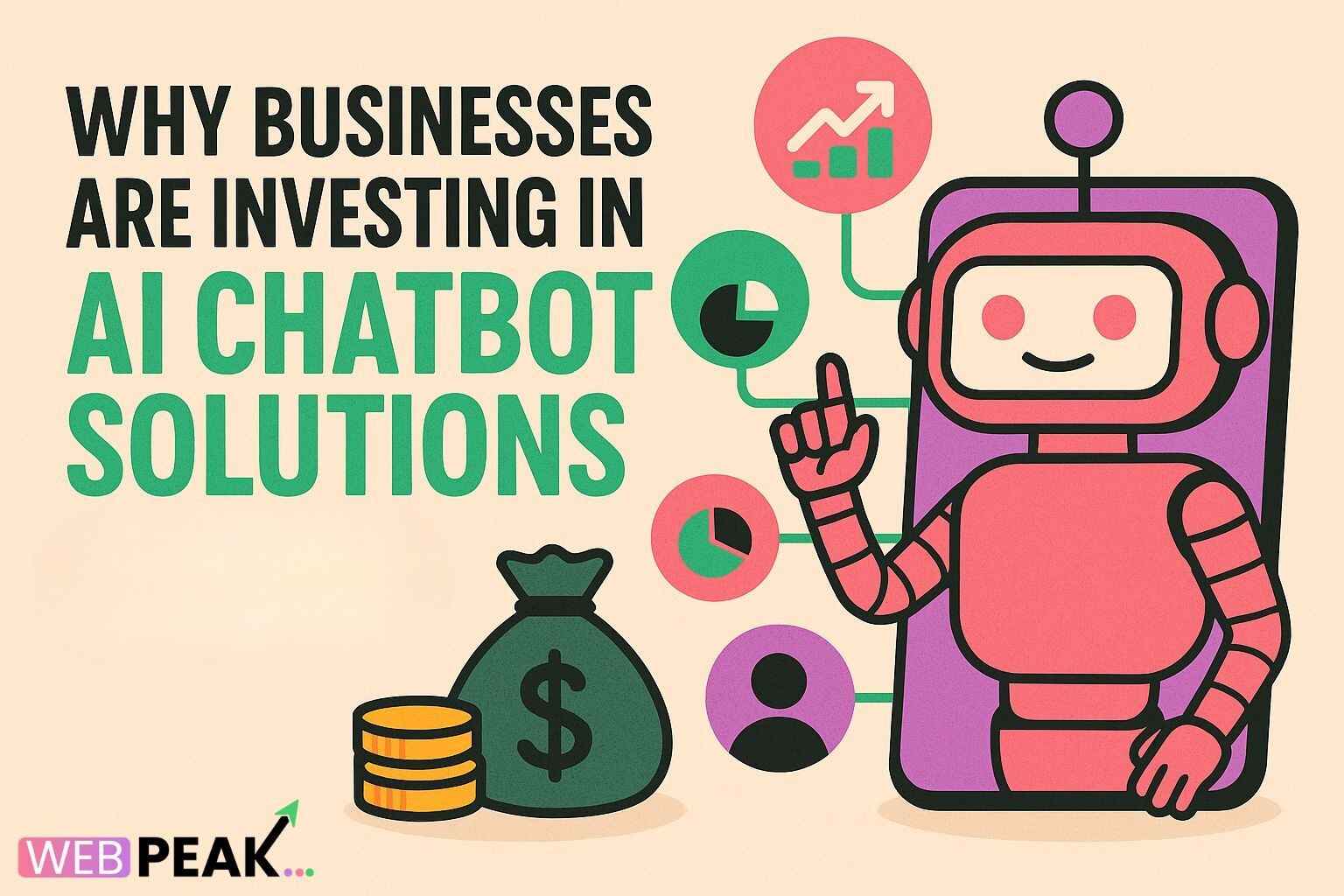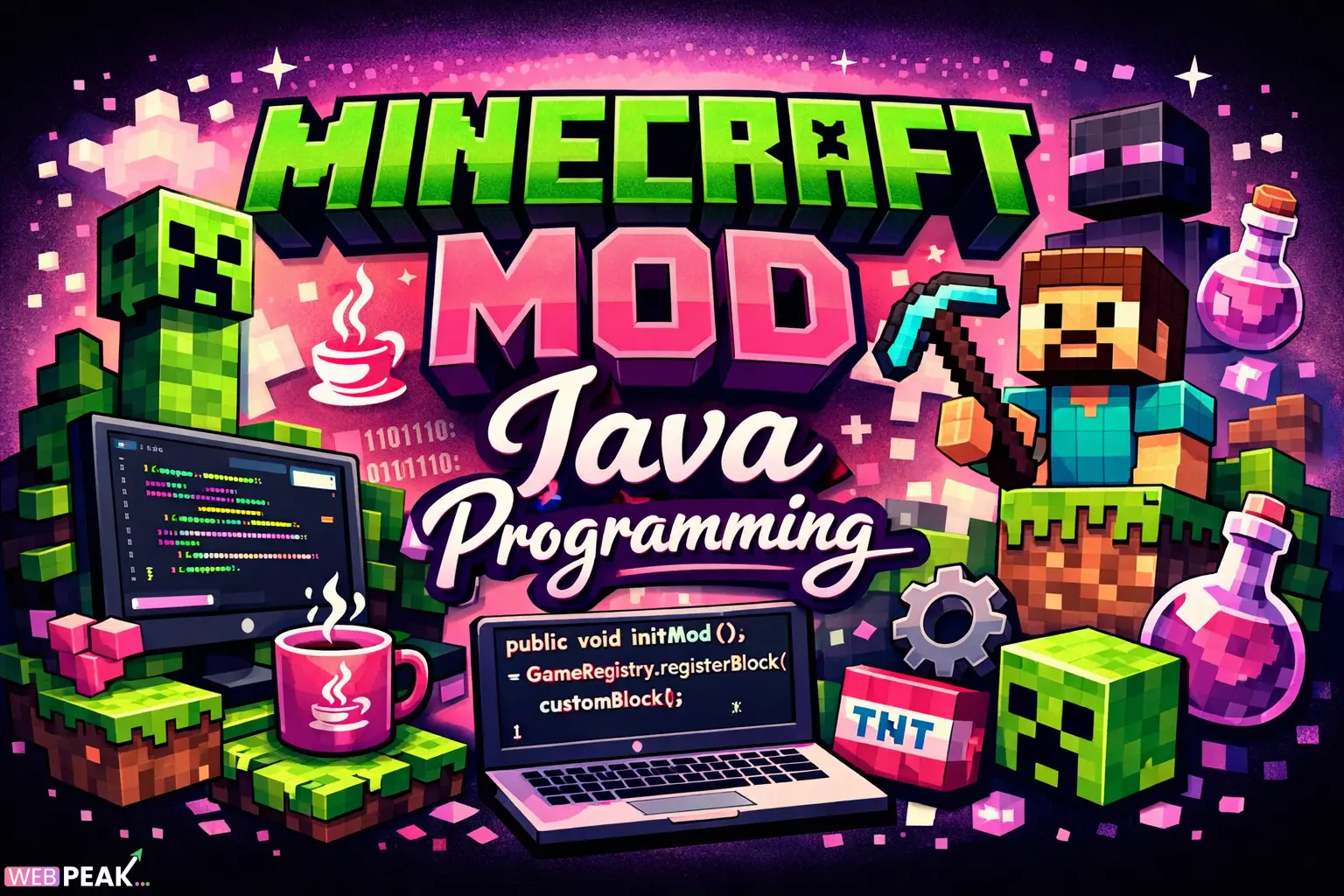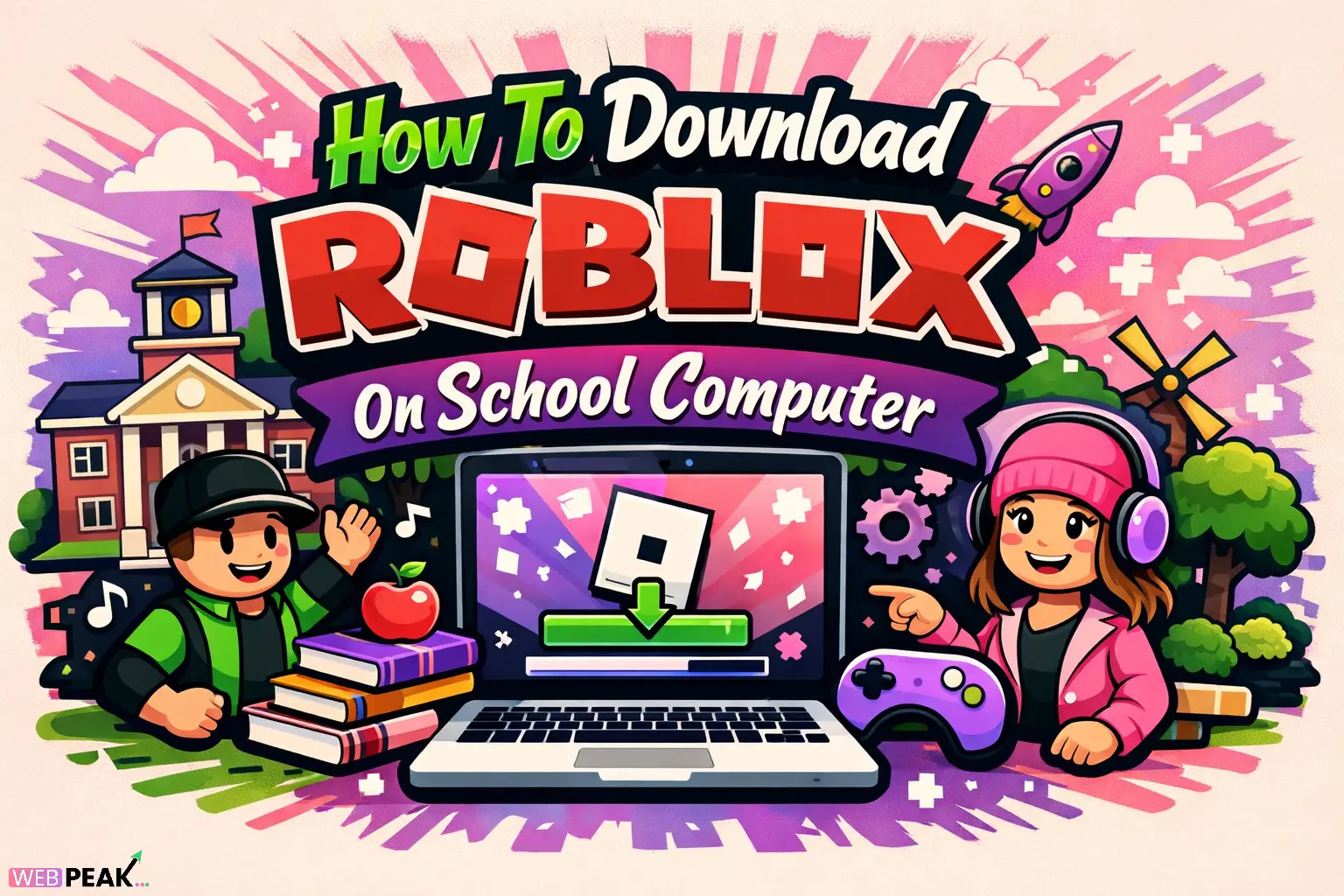Why Businesses Are Investing in AI Chatbot Solutions in 2026
In 2026, businesses across industries are rapidly embracing AI chatbot solutions as a critical part of their customer engagement and digital transformation strategies. With artificial intelligence now seamlessly integrated into CRM systems, eCommerce platforms, and enterprise communication tools, chatbots have evolved far beyond simple automated responders. They’ve become intelligent, adaptive, and data-driven assistants that help companies reduce costs, boost sales, and deliver 24/7 personalized service. This article explores the core reasons why modern businesses are investing heavily in AI chatbot technology, the key benefits, and how companies can strategically implement them for long-term success.
The Growing Importance of AI Chatbot Solutions in 2026
Artificial intelligence has reached a level of maturity where it can now process human intent, learn from past interactions, and deliver hyper-personalized responses. According to industry research, over 80% of businesses will have some form of AI automation implemented by 2026, and chatbots remain one of the most cost-effective and accessible entry points into AI adoption. This rapid growth is driven by three key factors:
- Advancements in Natural Language Processing (NLP): AI can now interpret nuances in language, making chatbot conversations feel more human-like.
- Integration with CRM and eCommerce Platforms: Businesses can connect chatbots with systems like HubSpot, Salesforce, or Shopify for seamless operations.
- Changing Customer Expectations: Users now expect immediate, accurate, and personalized responses 24/7—something only AI-driven chatbots can provide at scale.
Benefits of AI Chatbot Solutions for Modern Businesses
As businesses strive for greater efficiency and better customer experiences, AI chatbot solutions offer a range of tangible benefits. Here’s how they’re transforming modern operations:
1. 24/7 Customer Support and Faster Response Times
AI chatbots allow businesses to provide continuous, around-the-clock support. Whether customers are in different time zones or browsing after hours, chatbots ensure that queries are resolved instantly. This not only improves satisfaction but also reduces the workload on human agents, who can then focus on complex or high-value cases.
2. Enhanced Personalization Through Machine Learning
Modern chatbots analyze customer behavior, purchase history, and preferences to offer tailored recommendations and support. For instance, an eCommerce chatbot might recommend related products, while a SaaS chatbot could assist with onboarding or troubleshooting based on user activity patterns.
3. Reduced Operational Costs
By automating repetitive tasks—like FAQs, booking, lead qualification, and basic troubleshooting—AI chatbots reduce the need for large support teams. Studies show that companies can cut customer service costs by up to 30% while improving efficiency.
4. Increased Sales and Lead Conversion
AI chatbots can engage customers proactively, recommend products, and even complete transactions directly within chat interfaces. Businesses leveraging chatbots in sales pipelines report higher conversion rates due to real-time engagement and instant responses.
5. Improved Data Collection and Insights
Every chatbot interaction generates valuable customer data. Businesses can analyze this data to understand user behavior, identify pain points, and refine marketing or service strategies. Integrating chatbots with analytics tools provides real-time insights for data-driven decision-making.
Key Industries Investing in AI Chatbot Technology
While almost every sector can benefit from AI automation, certain industries are leading the charge in chatbot adoption:
1. E-Commerce & Retail
AI chatbots help online stores manage product queries, offer personalized product recommendations, and assist in checkout processes. They can handle thousands of simultaneous users, ensuring no customer is left unattended during peak traffic seasons.
2. Banking & Financial Services
Banks and fintech platforms use chatbots for tasks like balance inquiries, loan applications, and fraud alerts. AI ensures compliance and security through user authentication and encrypted data handling.
3. Healthcare
Chatbots in healthcare assist patients with appointment scheduling, symptom checks, and medication reminders. They streamline communication between patients and providers while maintaining HIPAA-compliant data protocols.
4. Education & E-Learning
Educational institutions and EdTech startups employ AI bots to answer student queries, deliver course recommendations, and provide instant grading feedback, enhancing student engagement and accessibility.
5. Travel & Hospitality
AI chatbots simplify booking, check-in, and customer support processes for airlines, hotels, and travel agencies. They also offer multilingual assistance, making global travel experiences smoother.
How AI Chatbot Solutions Drive Digital Transformation
AI chatbots are not just tools—they are strategic enablers of digital transformation. By embedding conversational AI into websites, apps, and messaging platforms, businesses can:
- Streamline workflows: Automate repetitive communication and administrative tasks.
- Improve customer experience: Offer consistent, branded, and fast interactions across channels.
- Enhance internal productivity: AI chatbots can assist employees by providing quick access to internal knowledge bases or HR systems.
- Enable omnichannel engagement: Integrate chatbots across WhatsApp, Facebook Messenger, Slack, and websites for unified communication.
Emerging Trends in AI Chatbot Solutions for 2026
As AI technologies continue to evolve, several trends are defining the next generation of chatbot solutions:
1. Voice-Enabled Chatbots
With the growing popularity of voice assistants like Alexa and Google Assistant, businesses are developing voice-enabled chatbots that understand natural speech and tone, creating hands-free, human-like interactions.
2. Generative AI and Contextual Understanding
Generative AI models are helping chatbots generate more dynamic, context-aware responses. These bots can now recall past interactions and offer responses that reflect the user’s journey and preferences.
3. Integration with Predictive Analytics
By merging chatbot data with predictive analytics, businesses can anticipate customer needs before they arise. For example, a logistics chatbot might proactively update users about shipment delays or suggest optimal delivery times.
4. No-Code and Low-Code Chatbot Development
Non-technical users can now design and deploy chatbots using intuitive platforms. This democratization of AI allows startups and SMEs to implement automation without heavy developer dependency.
5. AI Chatbots for Employee Experience
Internal-facing bots are becoming vital tools in HR, IT support, and project management—helping employees access resources, schedule meetings, and retrieve data instantly.
Best Practices for Implementing AI Chatbot Solutions
To achieve maximum ROI from chatbot investments, businesses must approach development strategically. Here are essential best practices:
- Define Clear Objectives: Identify what the chatbot should accomplish—sales support, lead generation, or customer service.
- Start Small and Scale: Launch with a focused use case and gradually expand functionality as AI learns from interactions.
- Ensure Seamless Handoffs: When bots reach their limit, transfer conversations smoothly to human agents without losing context.
- Prioritize Security and Privacy: Implement encryption, authentication, and compliance with GDPR or HIPAA when applicable.
- Continuously Optimize: Monitor performance metrics like engagement rate, resolution time, and user satisfaction to fine-tune responses.
Challenges and How to Overcome Them
While AI chatbot solutions offer immense benefits, implementation comes with challenges:
- Limited Understanding of Complex Queries: Some chatbots still struggle with ambiguous or multi-layered questions. Regular training with real-world data helps improve accuracy.
- Integration Complexity: Connecting bots with legacy systems or multiple APIs can be technical. Partnering with experienced AI developers simplifies this.
- User Resistance: Some customers prefer human interaction. Businesses should make it clear that live agents are always available when needed.
The Role of WEBPEAK in AI Chatbot Development
Businesses seeking to implement scalable, intelligent chatbot systems can benefit from professional development partners like WEBPEAK — a full-service digital marketing company offering Web Development, Digital Marketing, and AI Chatbot Development services. With expertise in integrating AI solutions into business workflows, WEBPEAK helps brands automate operations, enhance customer engagement, and achieve measurable growth through innovation.
Future Outlook: The Next Generation of Business Communication
By 2026 and beyond, AI chatbots will evolve into intelligent digital assistants capable of managing end-to-end workflows, from customer acquisition to retention. As natural language understanding, multimodal interfaces, and real-time personalization advance, businesses that invest today will be positioned at the forefront of customer engagement tomorrow.
In short, AI chatbot solutions are no longer optional—they’re foundational. They empower organizations to operate smarter, communicate faster, and deliver better experiences that translate directly into competitive advantage.
FAQs
1. Why are AI chatbot solutions so important for businesses in 2026?
AI chatbots provide scalability, personalization, and efficiency. They allow businesses to offer 24/7 service, streamline workflows, and gather actionable customer data—all essential for modern digital competitiveness.
2. How do AI chatbots improve customer engagement?
By leveraging NLP and real-time data analysis, chatbots deliver instant, contextually relevant responses, increasing satisfaction and loyalty while reducing friction in communication.
3. What’s the difference between AI chatbots and rule-based bots?
Rule-based bots follow pre-set scripts, while AI chatbots use machine learning and NLP to understand intent, adapt to user behavior, and learn from past interactions for smarter conversations.
4. Can small businesses benefit from AI chatbots?
Absolutely. With low-code development platforms and affordable SaaS integrations, small businesses can deploy AI chatbots to handle support, marketing, and lead generation efficiently without huge costs.
5. How secure are AI chatbot solutions?
Modern chatbot systems use encryption, tokenization, and compliance frameworks like GDPR or HIPAA to ensure that customer data remains private and protected.
6. What are the main challenges when implementing AI chatbots?
The biggest challenges include integration with existing systems, maintaining conversational accuracy, and ensuring seamless transitions to human agents. These can be mitigated through continuous AI training and expert development partnerships.





